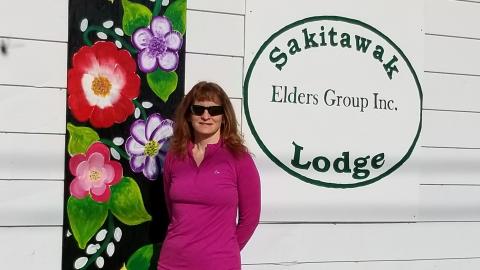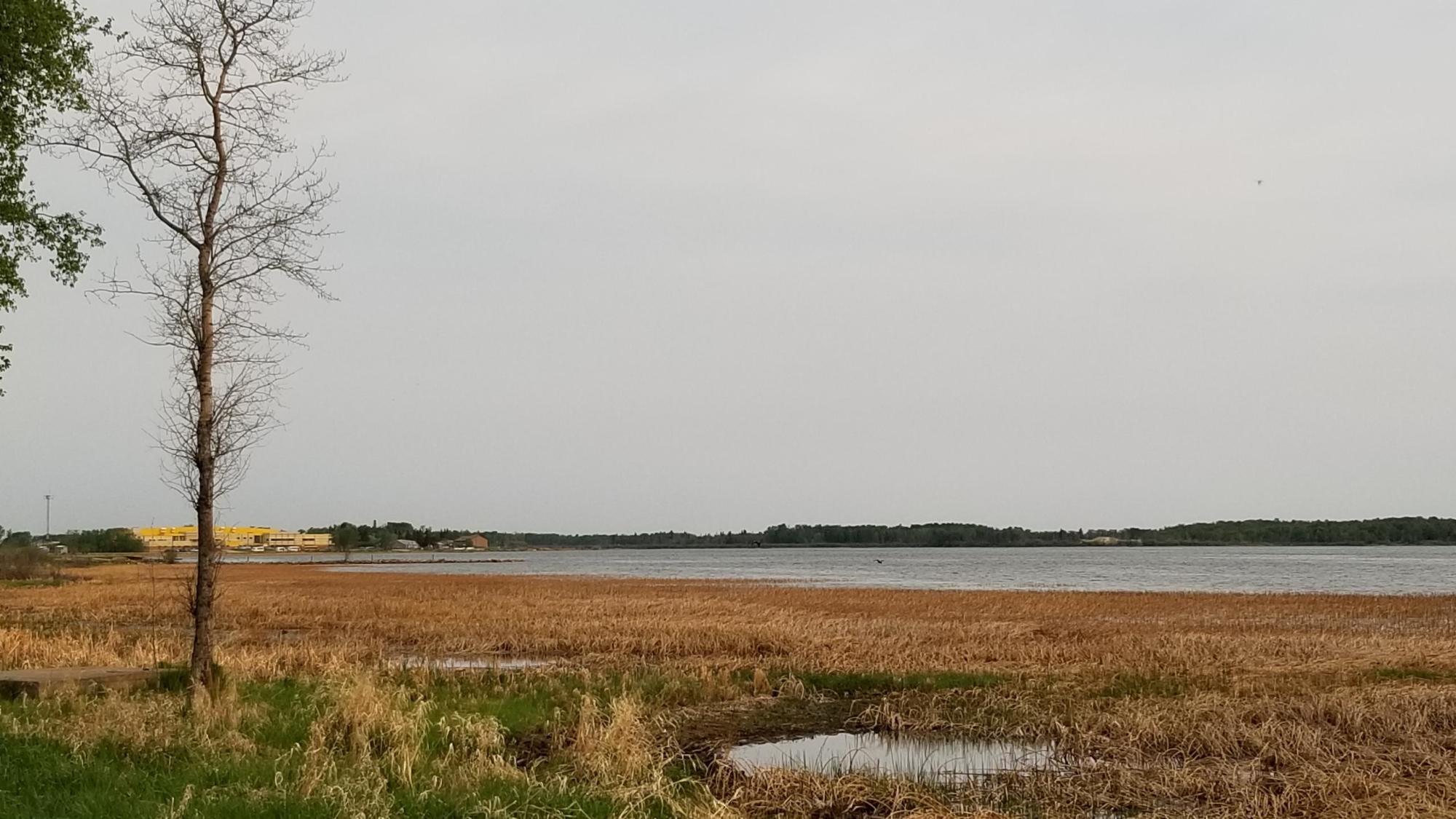Breadcrumbs
YukonU's Dr. Liris Smith publishes article in International Journal of Indigenous Health

Physical activity impacts overall health and wellbeing, and when it comes to Indigenous health, not much is known about older Métis adults and their experience with physical activity and healthy aging.
Assistant Professor and Health Research Chair at Yukon University, Dr. Liris Smith, completed her PhD work, which considered the experiences of Indigenous populations and physical activity to understand gaps and support overall population health. Her study was co-created with 12 Métis adults in Sakitawak (Île-à-la-Crosse) Saskatchewan using a participatory action approach.
It was important to Dr. Smith that culturally specific themes, as described by older Métis adults regarding physical activity, were included in the study — including Wahkotowin (Related to Everything), Ahkamey-imowin (Never Give up), and E ti Meyo Matshohot (Becoming/Living a Better Life). “I am not from the community, nor do I speak the language of Michif or Cree, so the context of the themes and the meanings need to reflect the community perspective,” she says. “Working with two Métis co-authors supported bringing the titles for the themes, as well as the cultural context to the study.”
Dr. Liris spent about two years getting to know the study participants and the community before collecting data and analyzing her findings, which included follow-up visits and discussion groups. “I believe that relationships are paramount to doing good research in all fields, but especially in community-based research approaches,” she says. “Spending time with people and knowing them before data collection was important in being able to have guided conversations, rather than a more structured mechanical type of interview. I also believe that it supported trust and a deeper sharing of perspectives.”
When asked about the importance of this work, Dr. Smith says the research was foundational in how she approaches her role at YukonU. Often, healthcare professions are based around biomedical and biopsychosocial models, meaning they look at the physical aspects of health, as well as the biological, psychological, and social factors. “It involved a lot of time spent reflecting and challenging my own education and Western (Eurocentric) perspective that I have grown up in,” she says. “I think this will always be something I need to do to ensure that I am open to learning and gain cultural humility.”
The results from Dr. Smith’s PhD work were published in International Journal of Indigenous Health — with co-authors Sylvia Abonyi, Brenna Bath, Liz Durocher, TJ Roy, and Sarah Oosman.
Funding partners include the Canadian Institutes of Health Research, Saskatchewan Centre for Patient-Oriented Research, and the University of Saskatchewan's College of Medicine Graduate Student Awards grant and from the Canadian Centre for Health and Safety in Agriculture department. Dr. Smith would also like to acknowledge all the co-authors, and in particular the two Métis researchers, TJ Roy and Liz Durocher.
